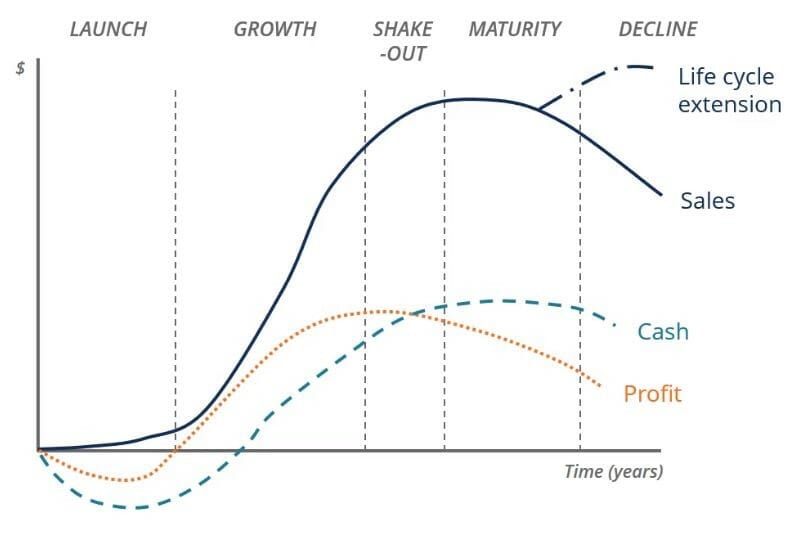I believe that this view is incorrect, simply because the market for imaging devices is growing. Every single year millions of people in developing countries join the middle class. In China alone over 100 million people joined the middle class in the past decade. India is also growing, although not as rapidly. These new members of the middle class want to capture their lives and record them for their families. It is telling, very very telling, that despite tens of millions of growth to this market, the traditional camera companies cannot eek out a million or more units of sales.
It's not surprising. Why would you want a traditional camera when your phone can do 99% of that and is always with you?
The big players are not preparing to scale back to "pre boom" levels because the steep decline in sales is not showing any signs of ending.
As someone else mentioned earlier in the thread, diversifying completely away from photography is the strategy most companies have taken. Fujifilm makes far more money from office equipment than they do cameras. Fuji is also investing very heavily in pharmaceuticals. Canon makes a huge amount of their revenue in the same area. Nikon is investing in chip production. Canon and Nikon are going mirrorless, so it will be interesting to see what, if any, affect that has on their sales.


